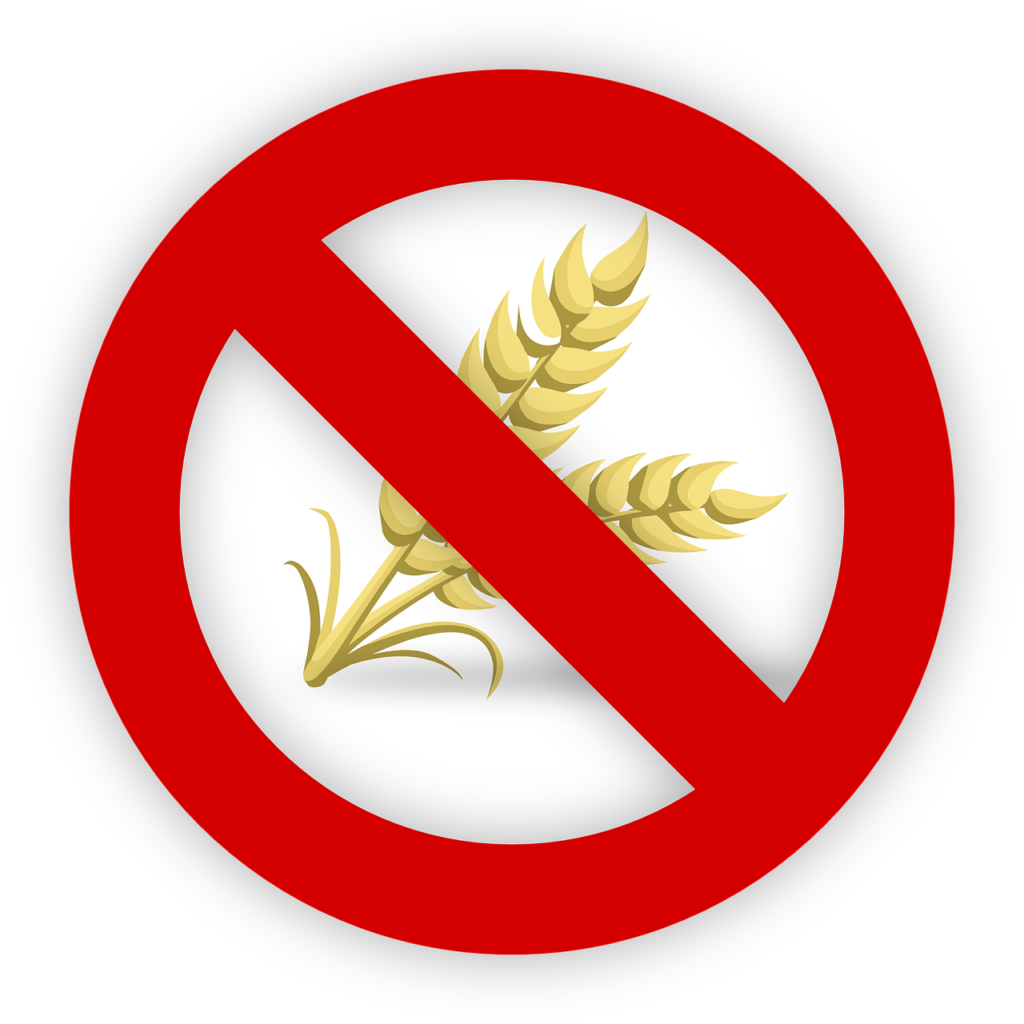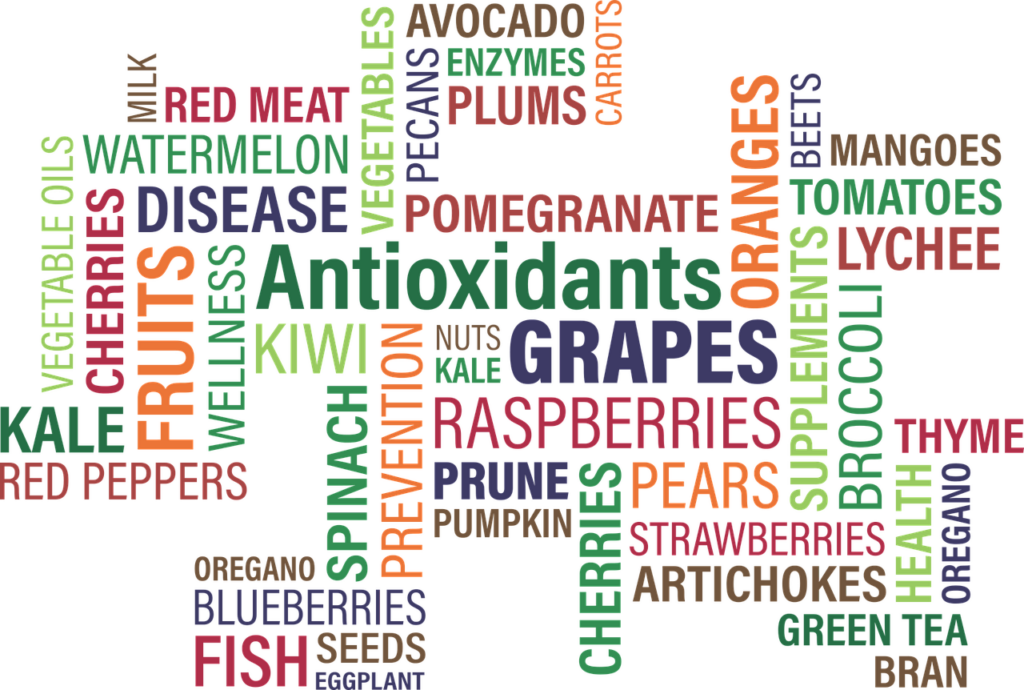Ketogenic diets, also known simply as keto diets, are a dietary approach that emphasizes reducing carbohydrate intake while increasing fat and protein consumption. The primary objective of these diets is to induce a metabolic state called “ketosis” within the body. During ketosis, the body does not use sugar and glucose for energy. Instead, it relies …
Continue reading Ketogenic diets
Category:Nutrition and diet
High Fiber Diets
Fiber-rich diets are typically highly beneficial for maintaining overall health and preventing numerous diseases. Fiber is a vital component in nutrition that aids in food digestion and enhances nutrient absorption. Moreover, fiber assists in controlling blood sugar levels, lowering the risk of cardiovascular disease, managing weight, and promoting digestive health. Here are some examples of …
Continue reading High Fiber Diets
gluten free diet
Individuals with gluten sensitivity or celiac disease require a gluten-free diet. (caused by disorders like non-celiac gluten sensitivity or gluten-induced). Gluten, a protein in wheat, barley, oat flour, and rye, can trigger issues for some individuals. In adhering to a gluten-free regimen, individuals must avoid gluten-containing foods. These include bread, cakes, cookies, pasta, breakfast cereals, …
Continue reading gluten free diet
diverse diet
What is a diverse diet? A diverse diet means using a variety of foods and types of diversity in the diet, including various food groups. The idea behind maintaining health and achieving proper nutrition is to not focus solely on consuming one kind of food but to use different food groups to benefit from dietary …
Continue reading diverse diet
Diets focused on sports nutrition
Diets focused on sports nutrition are typically tailored to meet the dietary needs of athletes and individuals actively engaged in sports. These diets provide sufficient energy for sports activities, ample proteins for muscle rebuilding, and a rich array of minerals, vitamins, and water to sustain overall health. When designing these diets, one typically must consider …
Continue reading Diets focused on sports nutrition
Diets focused on brain nutrition
Diets focused on brain nutrition are often promoted to enhance cognitive function, boost memory, increase focus, and mitigate the risk of neurological disorders. These diets typically emphasize consuming foods rich in antioxidants, omega-3 fatty acids, vitamins, and other nutrients beneficial for brain health. Below, we explore several popular diets centered on brain nutrition: 1. **Mediterranean …
Continue reading Diets focused on brain nutrition
Diets aimed at reducing the risk of chronic diseases
Diets aimed at reducing the risk of chronic diseases emphasize healthy eating habits and can be crucial in preventing such ailments and maintaining kidney health. Several dietary approaches are commonly recommended for this purpose: 1. Balanced Diet: This regimen comprises a variety of fruits, vegetables, whole grains rich in fiber, lean protein sources like fish, …
Continue reading Diets aimed at reducing the risk of chronic diseases
Diets aimed at reducing inflammation
Diets aimed at reducing inflammation are often recommended to alleviate bodily inflammations and to prevent or manage certain diseases. These dietary regimens prioritize foods known for their anti-inflammatory properties, promoting the consumption of fruits, vegetables, fish, vegetable oils, nuts, and omega-3-rich eggs. Conversely, they may restrict or advise against consuming wheat-derived products, dairy, sugar, and …
Continue reading Diets aimed at reducing inflammation
Diabetic Diets
Diabetes treatment varies depending on diabetes type, age, overall health, and other considerations. Type 1 and type 2 are the two main categories of diabetes. This is a brief overview of both and the usual dietary guidelines for each. 1. Type 1 Diabetes: Medications and Insulin: Individuals with type 1 diabetes typically require insulin injections or …
Continue reading Diabetic Diets
Antioxidant Diets
Antioxidant diets typically revolve around the consumption of foods rich in antioxidants. Antioxidants are compounds that safeguard the body against oxidative damage and free radicals, thereby protecting cells and tissues from harm. These diets commonly incorporate fruits, vegetables, nuts, eggs, fish, and other antioxidant-rich sources. Here are some examples of foods with high antioxidant content: …
Read










